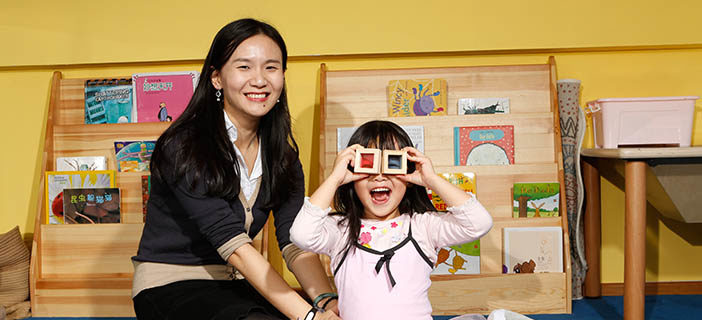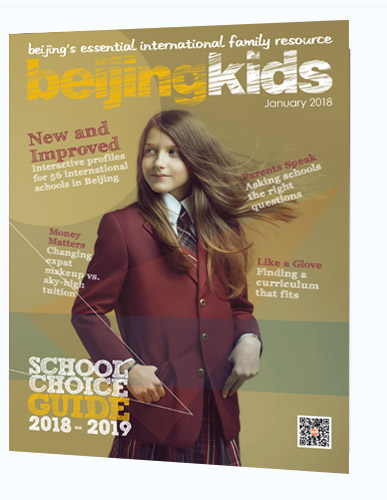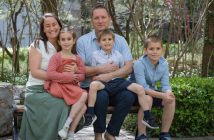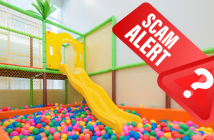Mother Kitty and her daughter Abby Ma (4) are Beijing locals and have been attending House of Knowledge Schools and Kindergartens (HoK) for almost three years now. The school was chosen for the location as it is close to both their home and work and the homey atmosphere that sets it apart from other early learning institutions. The curriculum played 40 percent part of the Ma family’s decision to choose HoK. Kitty explained, “I actually don’t know too much about the curriculum, and what matters most to me is that I can see my kid is really happy here.” Developing happy and independent kids is a major priority in the Reggio Emilia curriculum, and after three years they’ve seen significant progress with their child. Since Abby has been attending HoK, she has been more active socially, happier, and better behaved. Kitty has even noticed that Abby’s ability to keep her play areas at home has significantly improved.
Favorite spot in the school
The kitchen with all the toys. We can play games and have nice food there
Favorite teacher
I like them all. Especially Vicky, she is always there to help me. I also like Amanda and Emma.
Favorite class in the school
Ballet dancing class, gym class, and the school bus (if that counts).
Favorite afterschool activity
Drawing
Favorite thing about the school
I have good friends to play games with.
Curriculum Spotlight: Reggio Emilia
Reggio Emilia is an innovative constructive approach to early childhood education that sees children as poets and musicians, as artists and performers, scientists and philosophers. Children are seen as unique tiny people who embark on a journey into the realms of research and exploration from the moment they are born in order to find out about themselves, others and the surrounding world. On their life journey, from the moment they come into this world, children encounter numerous sensory experiences that raise many different questions. Asking questions thus becomes an essential tool for acquiring knowledge. In order to understand such questions, children constantly put forward hypotheses and devise possible answers.
What’s unique about the curriculum?
Reggio Emilia believes children have an intuitive need to discover the world around them using all of their senses, “grasping” the environment around them in the true sense of the word. The curriculum firmly believes that children know exactly what they must do to acquire knowledge and skills, as we consider it a natural human need. Every day, children construct knowledge through their daily experiences, and it is for this reason that Reggio Emilia views students as active designers of their own development.
How is it applied?
The curriculum believes that when an adult keeps telling a child the answers to their questions, or constantly directing them, he or she cannot truly educate the child successfully. Children who love to learn, thrive in an environment where having an inquiring mind is celebrated, where they are allowed to explore their imagination and ask questions they have about themselves, others and the environment around them.
How well does this education system prepare students for the real world?
For children to acquire concrete competencies, knowledge and skills in life and academic subjects, they need an environment where they feel free to educate themselves. Once they have acquired fundamental competencies in the early years, they are subsequently able to acquire knowledge and skills (developmental areas) that enable them to continue to succeed for the rest of their lives in a number of developmental areas, be it academics, the arts, physical sports, or their internal social and emotional well-being.
Where is it offered?
House of Knowledge Schools and Kindergartens is one of the schools in Beijing offering the Reggio Emilia approach to early education.
Photo: Lens Studio
This article originally appeared on p10-11
of beijingkids School Choice Guide 2018-2019.





